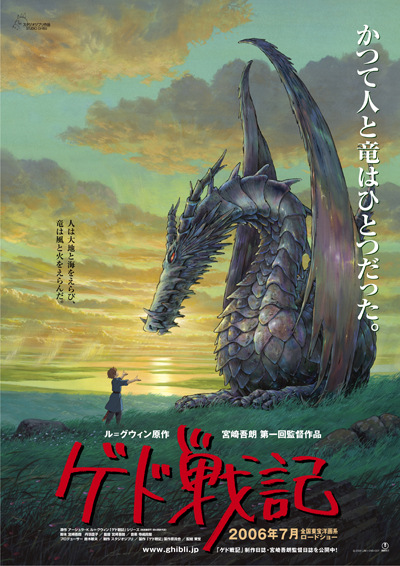High praise from Curzon at Coming Anarchy:
Educational and entertaining in one healthy dose, [Mutant Frog Travelogue is] probably the best East Asian blog around.
Thanks, I think we’re pretty great too! But that made me wonder — what do other East Asian blogs look like? What about, just for example, the highest ranked Japanese blogs on Technorati?
(Note about Technorati from their About section: “Technorati displays what’s important in the blogosphere — which bloggers are commanding attention, what ideas are rising in prominence, and the speed at which these conversations are taking place.” Hence, these rankings are a measure of what people with blogs are linking to, not the number of page views, influence, revenue, or any other factor (as far as I can tell))
For starters, let’s see what’s out there. Here’s a quick rundown of the top ten blogs in Japan and the US/English-speaking world (for comparison):
Japanese blogs:
1. がんばれ、生協の白石さん! “Fight on, Shiraishi of the Co-op!”
This is the blog of a Mr. Shiraishi, “very very average” employee of the Co-op (student cooperative/school store) at Tokyo University of Agriculture and Technology. Shiraishi gained fame for being the writer of responses to comment cards that students would write to him. The comment cards are a well-known phenomenon at Japanese universities as the answer are often posted outside the Co-ops on a bulletin board. He differs from other such Co-op employees in that he actually answers the stupid joke comments that he gets rather than giving them a quiet death in the round file. For some reason this has become majorly popular in Japan, probably because college students throughout the country have wondered just what kind of weirdos answer their comments.
Latest post: Too much Mah-jongg!
Paraphrase:
Question: I am suffering from a lack of sleep from too much mah-jongg. I’d like to go to class, so what can I do?
Answer: Make an effort not to play mah-jongg too much! If you keep on like this, I think you’ll end up crying in public. Your free time only exists because you are studying and researching, so switch over from mah-jongg and do your best!
OK, this at least has some novelty value. I remember the comment board at Ritsumeikan answered my question why they stopped serving these awesome banana crepes (they’re a winter-only item).
2. 眞鍋かをりのココだけの話 Kaori Manabe’s “Stories that don’t leave this room”

Kaori Manabe is a popular (not to mention beautiful) model/actress/all-around talent, perhaps best known outside Japan for her role in the 2001 film Waterboys. Her blog has gained fame for its frequent updates, endless blathering on trivial topics, and plentiful photos of Manabe-chan.
Latest post: A Friendly Fire Festival
Inanity abounds:
There’s a very strange person called Mr. A that I see all the time on location.
Is he an airhead? Well, he’s more of a socially inept ‘go my own way’ type of guy. H
His special feature is to make statements that surprise people without meaning to at all.
His hobbies are playing the horses and movies (mostly thrillers).
His private life is shrouded in mystery (but he absolutely does not have a girlfriend).


 Some of you may have heard about all the great Internet media content sites popping up in Japan recently. I sure have. They’re offering hit shows and the latest music for a small fee, so I couldn’t happier to finally be able to access Japanese TV/music easily from my home in the Washington, DC area. Let’s try these wonderful new services, shall we?
Some of you may have heard about all the great Internet media content sites popping up in Japan recently. I sure have. They’re offering hit shows and the latest music for a small fee, so I couldn’t happier to finally be able to access Japanese TV/music easily from my home in the Washington, DC area. Let’s try these wonderful new services, shall we? The video news site of
The video news site of 
